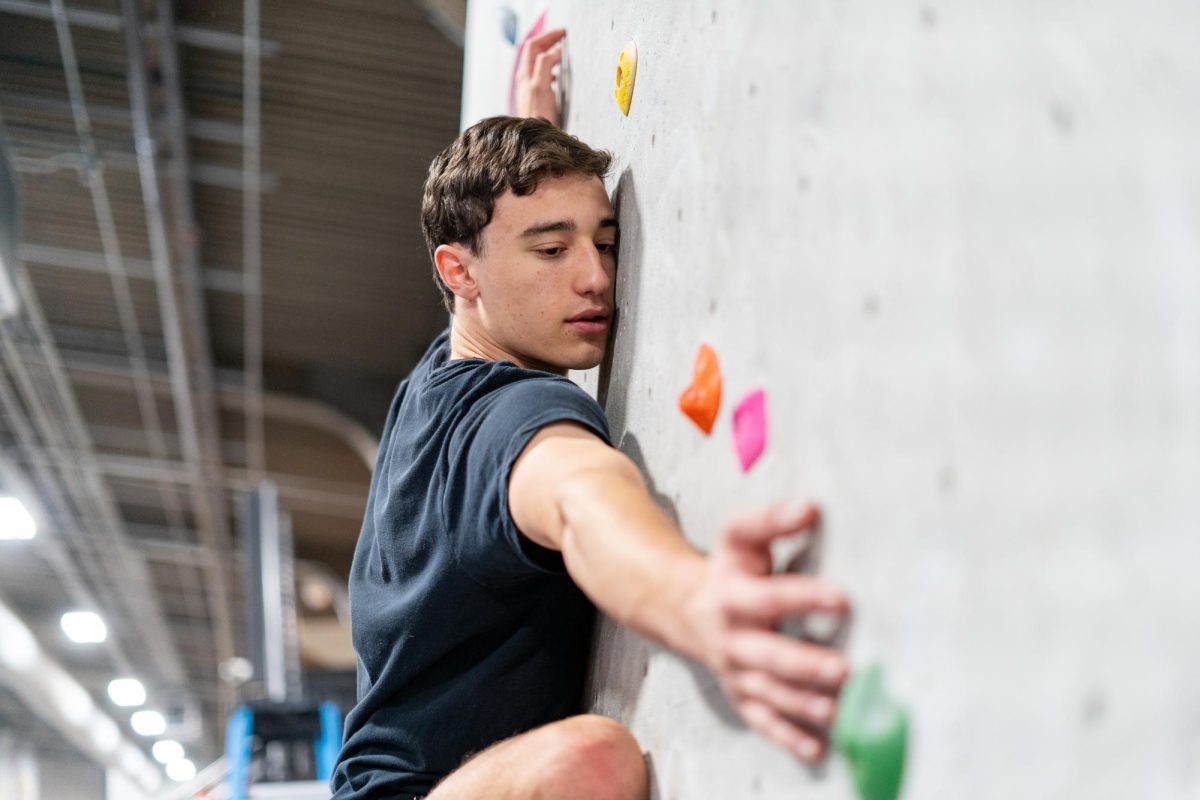Freshman 15 can be avoided with care
August 31, 2006
Although it’s the time of the year to be packing boxes, some freshmen might instead be packing… Although it’s the time of the year to be packing boxes, some freshmen might instead be packing on the pounds. However, the “Freshman 15” may not be inevitable.
First of all, it should be called the “Freshman 4,” said Meg Mayer-Costa, a registered dietitian at Student Health’s Office of Health Education. That is the average weight that most freshmen tend to gain when they go to college.
“It tends to show up rather quick, and that is what tends to worry people,” Mayer-Costa said.
She explained that this will probably be the first time that many students will have total control over what, how much and when they eat.
“These can be somewhat tricky times,” Mayer-Costa said.
Mayer-Costa listed many of the obstacles that students have to ensuring healthy eating habits, such as late-night snacking and alcohol.
“When you drink a lot, you eat,” Mayer-Costa said. “Are you eating broccoli? Rice cakes? Carrot sticks? Of course not.”
Availability is also an issue for some. Students that may have seen french fries only three times a week may now be seeing them three times a day. Mayer-Costa stressed that some people might want to have those fries, so a lot of what constitutes healthy eating is personal responsibility.
“It’s all about balance and moderation, as well as taking time to think about what a person desires and what is good for that person,” Mayer-Costa said.
She also talked about the drastic change in activity for some students, especially those who were active in high school.
“They have done everything to get here, then they decide not to do it anymore,” Mayer-Costa said.
She added that the best way to combat this is to stay involved and have plenty of activities.
The best way to make room for exercising is to make sure that it is something enjoyable, and to think of it not as a chore, but as a way to reduce stress, to socialize or to meet people.
“Saying that you are going to exercise to burn calories is the kiss of death for any physical activity,” Mayer-Costa said.
According to a report by the U.S. Surgeon General, even small amounts of exercise can make a difference. Such activities include “brisk” 30-minute walks, or even playing basketball for 15 to 20 minutes.
The report also states that as student progress through school, they participate in less physical activity. Half of Americans between the ages of 12 and 21 are not active on a regular basis.
Mayer-Costa mentioned several ways to become more active. Pitt offers various intramural activities as well as classes ranging from aerobics to dancing to touch football.
Students can also participate in different programs offered through Student Health. Students who want more information can call (412) 583-1800.


